I arrived at Waterloo, half an hour before my train departed. Needing to buy a birthday card, I popped into Oliver Bonas, a shop which sells ‘lifestyle gifts’. I came across marble cheeseboards and gin-and-tonic scented candles. If you are looking for a lemon juicer shaped like a cactus, you will find one in Oliver Bonas.
The shop also sells ‘gift books’. Most are aimed at women and quite a few have the word ‘feminist’ in their title. There is one called Vajournal: An Interactive Diary for Feminists. It invites the reader to engage with ‘thought-provoking activities’ and describe their ‘worst and best sexual experiences’ as well as any instances of ‘everyday sexism’. Colouring books sit alongside anthologies of feminist quotations. Free the Tipple is a collection of ‘kickass cocktails’ inspired by iconic women. There is a picture of Frida Kahlo on the cover. Life Honestly: Strong Opinions from Smart Women is a ‘fabulous collection’ of extracts from the greatest feminist writers who live among us. I opened a copy. ‘Don’t wash your bed sheets once a month. Once a week is better,’ says one of the contributors.
Do exhausted fathers, heading home for the holidays on the 18.09 to Frimley, pick up a copy of Eat, Sleep, Slay: Kickass Quotes for Girls with Goals to give to their teenage daughters on Christmas Day? ‘With determination, confidence and a little bit of lipstick, there’s nothing you can’t do,’ says the blurb. Or do sassy women give these types of books to each other, as a way of sticking it to that old white patriarch, Father Christmas?
I wasn’t sure. But it was clear that these books are part of a lucrative market that has grown noticeably larger in the past year or so. Forget writing a novel; writing a gift book that fits into the ‘Oliver Bonas feminism’ genre must be a far faster way to riches. Maybe I could write one, I thought to myself.
I bought the birthday card, and headed down the escalator to Foyle’s to have a look at some other books. But there they were again. Shelves and shelves of the same sorts of titles. What Would the Spice Girls Do? How the Girl Power Generation Grew Up by Lauren Bravo. Scarlett Curtis, the 23-year-old daughter of Richard Curtis, has curated a collection of essays called Feminists Don’t Wear Pink (and Other Lies). It ‘illuminates the path for our future leaders’. Our current leaders are even writing these books. Ruth Davidson, the leader of the Scottish Tories, has published a collection of writing by herself and other women, called Yes She Can: Why Women Own the Future.
There are books for white feminists and books for black feminists. Middle-aged feminists will find ‘manuals for imperfect women’ and there are lots of books for little feminists who are only just learning to read. The children’s book section features tales about rebel girls who aren’t scared to say what they think and picture books of ‘real women’ with ‘historical impact’. There aren’t many stories about sleepy princesses.
I sat on the train and read the evening newspaper. The books had reminded me of the self-help manuals that used to be popular. You see fewer of them these days (are they now read on Kindles, so as to avoid judgment?) but the genre hasn’t disappeared; instead, publishers have rebranded it as ‘feminist’ and repackaged bland platitudes and wishy wisdom as ‘girl power’.
There wasn’t anything particularly radical about any of these feminist books. Some of them didn’t even feature words. Their titles expose just how devoid of meaning the word ‘feminist’ has become — it could very well be replaced with ‘women’ and most of the book titles would make sense.
Sex still sells. But as these books show, the sort that sells nowadays must ‘raise awareness’. Since Harvey Weinstein’s downfall, a new genre of writing has emerged: the #MeToo piece, in which a woman describes — often in breathless terms that wouldn’t seem out of place in Mills & Boon— her own uncomfortable sexual experiences. Sometimes the author will even reveal the name of the villain. There seem to be plenty of men nervous about becoming the subject of one of these articles. At one City law firm where a friend of mine works, a senior lawyer has even taken out liability insurance to protect himself against being #MeToo’d.
These #MeToo pieces tend to do very well online because, as the internet pornographers have known for years, sex creates traffic. I know of one website aimed at feisty young babes (and run by canny older men) which deliberately commissions salacious #MeToo pieces because they bring in clicks — and therefore money. #MeToo may be a genuine feminist movement, but it was always ripe for exploitation.
The books in Oliver Bonas do just that. But they are also stocking-filler fodder destined to end up in charity shops by this time next year. And as The Little Book of Feminism puts it so succinctly, we have gone from the ‘rabble-rousers of the suffragist movement’ to the ‘sharp-fingered bloggers of today’. The sisterhood has pink, glossy words where it once had deeds.
Got something to add? Join the discussion and comment below.
Get 10 issues for just $10
Subscribe to The Spectator Australia today for the next 10 magazine issues, plus full online access, for just $10.
You might disagree with half of it, but you’ll enjoy reading all of it. Try your first month for free, then just $2 a week for the remainder of your first year.


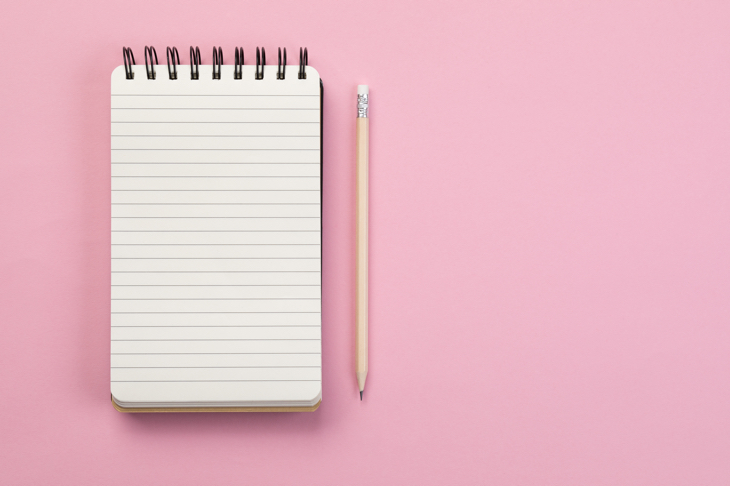
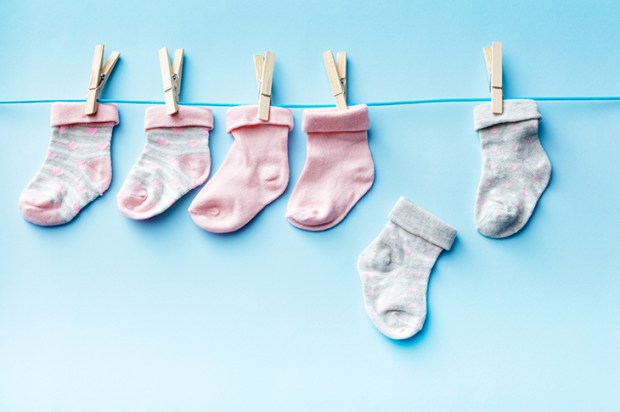

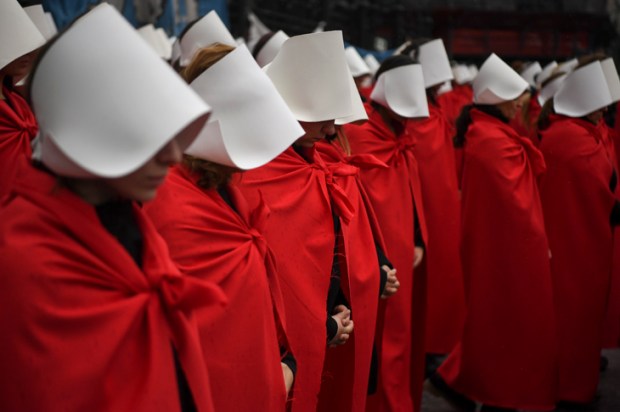
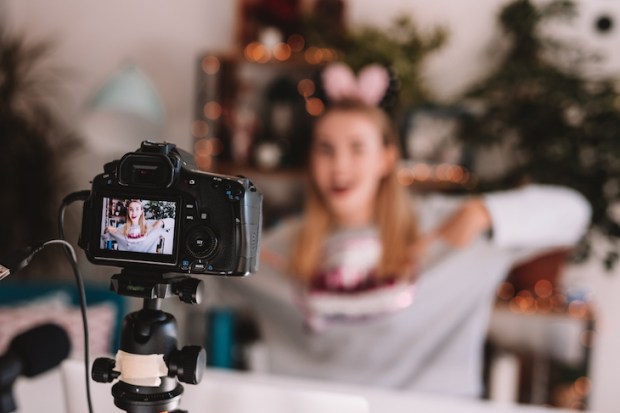
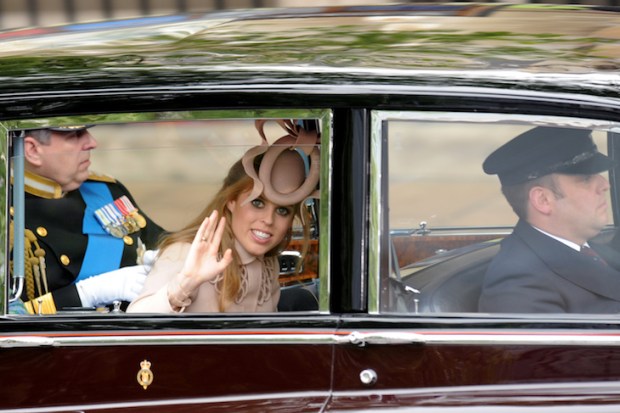







Comments
Don't miss out
Join the conversation with other Spectator Australia readers. Subscribe to leave a comment.
SUBSCRIBEAlready a subscriber? Log in